Carl Jung: Analytical Psychological Theory
$8.96
Description
Carl Gustave Jung breaks from Orthodox psychoanalysis as an early colleague of Freud in establishing his personality theory commonly referred as analytical psychology, making the assumption for cult phenomenon to have an ability and tendency to influence the lives of all. The belief of Jung is that all of us receive motivation from emotionally toned experiences inherited from ancestors and also by repressed experiences. Jung refers to these inherited images as the collective unconscious. The collective unconscious comprises those elements never individually experienced but which derive from our ancestry. Certain elements known as archetypes within the collective unconscious are highly developed. The notion of self-realization is the most inclusive archetype achieved strictly through a balance of various opposing personality forces. Hence, the theory of Jung is a compendium of opposites, people are both pulled by future expectations and pushed by past events, conscious and unconscious, male and female, rational and irrational, and introverted and extroverted. Carl Jung leads a long and colorful life and the attempt is to make use of fragments from the life history of Jung to illustrate his theories and concepts. The notion of a collective unconscious makes the theory of Jung one of the most intriguing of all personality conceptions.
Author: Carley MS, Steven G
Topic: Psychology
Media: Book
ISBN: 1511804211
Language: English
Pages: 28
Additional information
| Weight | 0.1 lbs |
|---|---|
| Dimensions | 8.5 × 5.5 × 0.06 in |


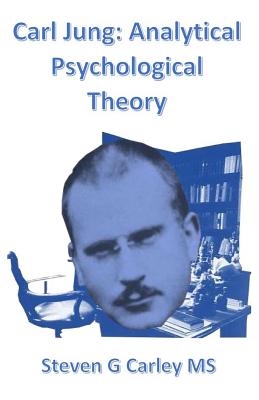
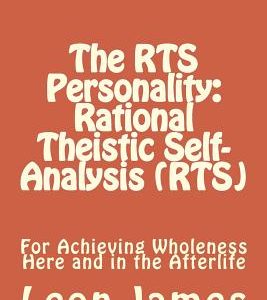

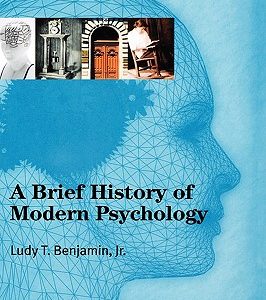

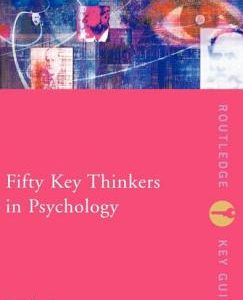
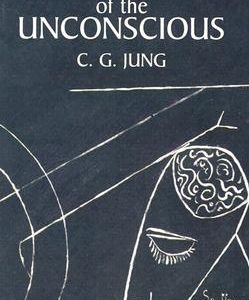

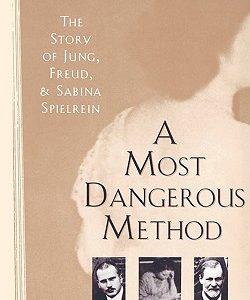
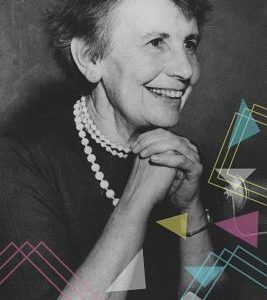

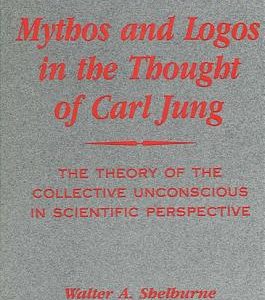
Reviews
There are no reviews yet.